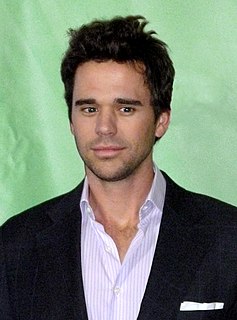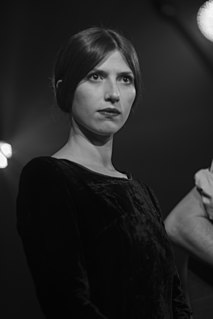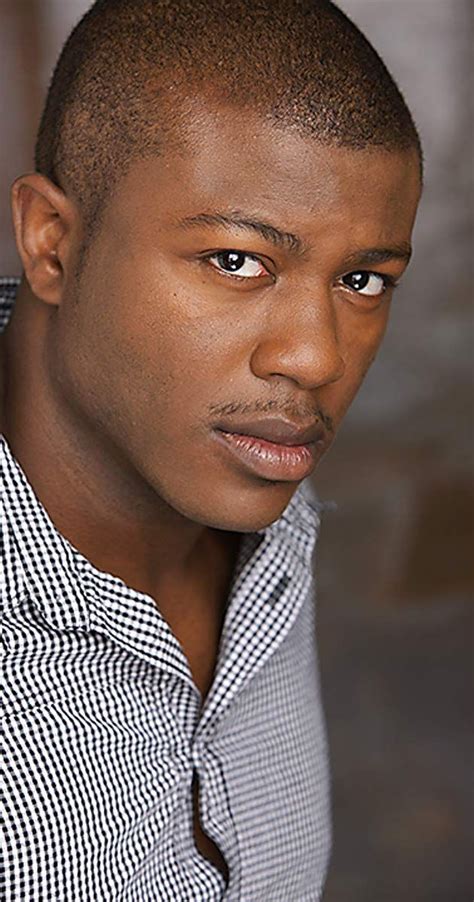A Quote by Aung San Suu Kyi
In politics, you also have to be cautiously optimistic.
Quote Topics
Related Quotes
Snowpiercer has both [optimistic and pessimistic]. It was essentially optimistic. The most pessimistic was my part, because of his knowledge. He knows how it started. The status quo, he knows, has to be maintained, otherwise there is no chance. He knows that this revolution is completely understandable and is also commendable. He also knows the negatives. In the end, that's not a very positive position to be in.
The United States Constitution builds politics right into the process of selecting federal judges. This third branch, the judiciary, is designed to have a longer view. To have individuals who are more insulated from politics. They're not elected directly. They're appointed for life. So, politics enters, but it's also, controlled. And if you bypass this process, I'm not sure what we do.
You have to be optimistic about golf. I mean it's physically demanding, particularly if you're on one leg. But it's psychologically demanding regardless of your physical infirmities. I mean, it's a tough sport. You've got to be disciplined and optimistic. And if you have a bad hole, you've got to be optimistic that you'll do well on the next hole.





































